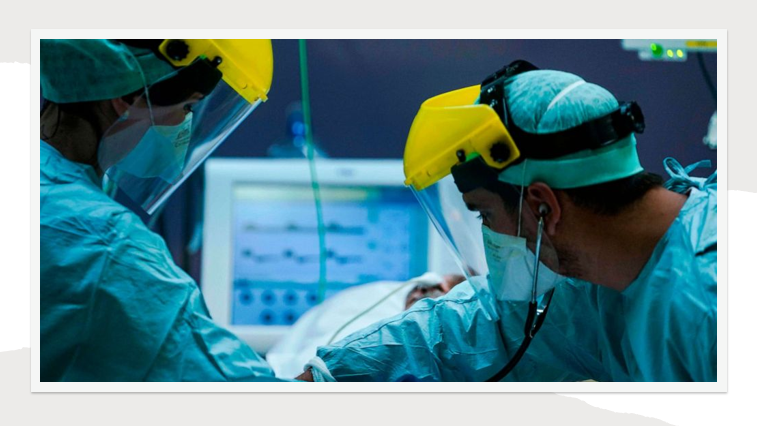News & Trends - Pharmaceuticals
Arthritis drugs reduce mortality of critically ill COVID-19 patients

Pharma News: Two arthritis treatments have been found to have a significant impact on the survival rate of critically ill COVID-19 patients, with mortality reduced by 8.5%.
These immunosuppressive drugs, Roche’s Actemra (tocilizumab) and Sanofi’s Kevzara (sarilumab), were also found to improve recovery times, with the average tocilizumab and sarilumab patients discharged from the intensive care unit (ICU) a week earlier.
The findings come from the REMAP-CAP trial, led in Australia by researchers at the Australian and New Zealand Intensive Care Research Centre, located within Monash University’s School of Public Health and Preventive Medicine. The trial evaluates the effect of numerous treatment options for critically ill COVID patients, and is supported by Minderoo Foundation. The new findings were published in the New England Journal of Medicine.
The successful results of tocilizumab and sarilumab occurred in patients also receiving corticosteroid therapy, meaning the benefit of these arthritis drugs adds to the positive outcomes from corticosteroid therapy, the only other effective treatment identified for critically ill COVID-19 patients.
Initial findings reported by the researchers in November showed that tocilizumab, was likely to improve outcomes among critically ill COVID-19 patients, but the impact on patient survival and length of time on organ support in ICU was not clear at that time.
Professor Steve Webb from the trial said this is a significant finding which will have immediate implications for the sickest patients with COVID-19.
“We found that among critically ill adult patients – those receiving breathing support in intensive care – treatment with these drugs can improve their chance of survival and recovery,” Professor Webb said.
In May 2020, Minderoo Foundation provided $2 million funding to expand the COVID-19 domains of the REMAP-CAP trial, providing critically ill patients access to the study’s novel treatments. This funding also included facilitated the expansion of the study into low socio-economic areas including Pakistan, Nepal and India.
Dr Steve Burnell who leads Minderoo Foundation’s COVID-19 response said Minderoo is incredibly proud to be supporting REMAP-CAP.
“REMAP-CAP’s agility and flexibility are what make it so innovative, its design enables researchers and physicians to collaborate, test treatments and share results quickly.
“Australia is fortunate to have had relatively few COVID-19 cases, but the pandemic continues to have a devastating impact in many countries. These latest results will ensure more critically ill patients around the world receive the life-saving treatments they need”, Dr Burnell said.
At the end of last year, positive early findings on tocilizumab were released before the full data had been collected. With the full analysis now available, researchers are confident the findings will have immediate clinical implications for patients, particularly as similar results have been reported subsequently from the RECOVERY trial.
News & Trends - MedTech & Diagnostics

AI-assisted colonoscopy boosts polyp and adenoma detection
MedTech & Diagnostics News: In a standard colonoscopy, as many as one-third of colorectal polyps and adenomas can go by […]
MoreNews & Trends - Pharmaceuticals

‘Every day of delay is costing Australian lives’, says Rare Cancers Australia CEO
Pharma News: Rare Cancers Australia (RCA) has voiced its disappointment alongside the pharmaceutical industry following the Pharmaceutical Benefits Advisory Committee’s […]
MoreNews & Trends - Pharmaceuticals

Government’s silence on Senate report leaves cancer patients in limbo
Pharma News: NeuroEndocrine Cancer Australia has urged the government to respond to the Senate report on equitable access to diagnosis […]
More
